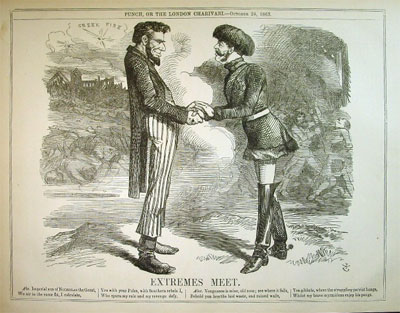Publisher’s NOTE: For me, what you are about to read has been a fascinating journey – partially because I spent 12 or 13 years of my youth growing up in the ‘burbs about 25 miles north of the Chicago Loop. Even with the amazing teaching of Mr. Adair in the 5th grade, I was not aware of the history nor the monument dedicated to our Brothers from down South. Oh no, no – I am not speaking of the Brutha’s who have probably died in the 32nd Street and Cottage Grove area in modern times – I speak of the ancestors who fought the Second American Revolution. Oh – I guess some of you still call it the Civil War. Well children – no war was ever civil, so just hush yo’ mouth…
When I came across the first part of what lays before you, I was instantly drawn in – but it has sat in my folder for quite some time, but then the second part was placed at my feet just two nights ago – and that was it – it was time to edit and publish this amazing story – and yet – given the topic – it is disgusting as well, but it is our history.
So sit back and breath it in – keeping in mind that the first part of the journey is a bit jaded, due to the Nawth’n way of looking at things? – but the second part gets to the meat of reality. What REALLY went on in this 80 acres of pure Hell? – Oh – and by the way, in 1970 my wife (then fiance) and I went to a birthday party one night around 32nd and Cottage Grove – and we were the only White folks in the ‘hood.
I’ll see you at Sundown…
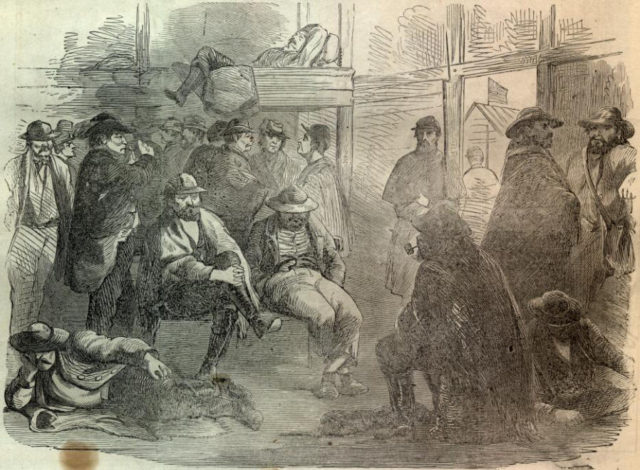
Prisoners of Camp Douglas
When Chris Rowland’s co-worker told him that Chicago was once home to a Civil War prison camp, he almost didn’t believe it. But a bit of Googling led Chris to a name, Camp Douglas, and a location, Chicago’s Bronzeville neighborhood. It also led him to the camp’s gloomy history, one that included dismal living conditions and a death toll that numbered in the thousands. Beyond that, though, Chris, a 36-year-old sales engineer at a South Side manufacturing company, found hardly any information about the camp. So he came to Curious City for help:
Why was there a prison camp in Chicago during the Civil War and why did so many people die there? What happened to it?
Continue reading →
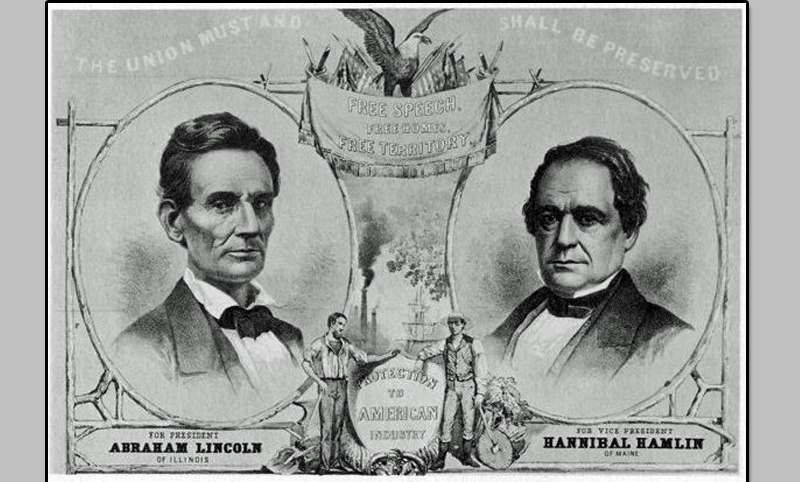 Most Americans believe the U. S. “Civil War” was over slavery. They have to an enormous degree been miseducated. The means and timing of handling the slavery question were at issue, although not in the overly simplified moral sense that lives in postwar and modern propaganda. But had there been no Morrill Tariff there might never have been a war. The conflict that cost of the lives of 650,000 Union and Confederate soldiers and perhaps as many as 50,000 Southern civilians and impoverished many millions for generations might never have been. Continue reading
Most Americans believe the U. S. “Civil War” was over slavery. They have to an enormous degree been miseducated. The means and timing of handling the slavery question were at issue, although not in the overly simplified moral sense that lives in postwar and modern propaganda. But had there been no Morrill Tariff there might never have been a war. The conflict that cost of the lives of 650,000 Union and Confederate soldiers and perhaps as many as 50,000 Southern civilians and impoverished many millions for generations might never have been. Continue reading 
 The First World War ended 100 years ago this month on November 11, 1918, at 11 a.m. Nearly 20 million people had perished since the war began on July 28, 1914.
The First World War ended 100 years ago this month on November 11, 1918, at 11 a.m. Nearly 20 million people had perished since the war began on July 28, 1914.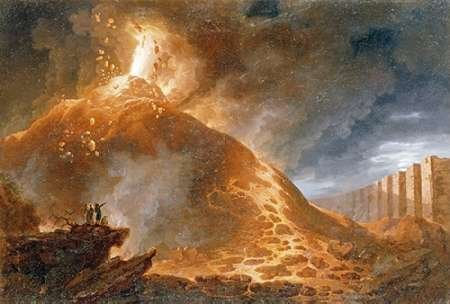

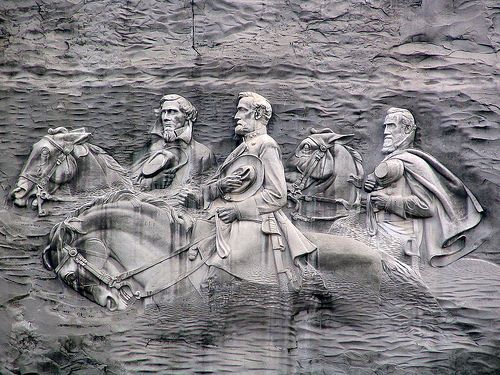


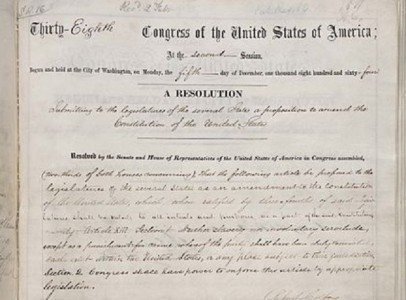 Ludwell H. Johnson used the words, the American Iliad, in the subtitle for his comprehensive book on the American “Civil War,” North Against South. The Iliad analogy is very appropriate for two reasons. First, the War was a traumatic, bloody, and nation changing event. The enormous casualties and destruction alone would sear its battles, personalities, and tales of heroism into American memory. Second, what most Americans know about the causes of the War is a pious myth.
Ludwell H. Johnson used the words, the American Iliad, in the subtitle for his comprehensive book on the American “Civil War,” North Against South. The Iliad analogy is very appropriate for two reasons. First, the War was a traumatic, bloody, and nation changing event. The enormous casualties and destruction alone would sear its battles, personalities, and tales of heroism into American memory. Second, what most Americans know about the causes of the War is a pious myth. 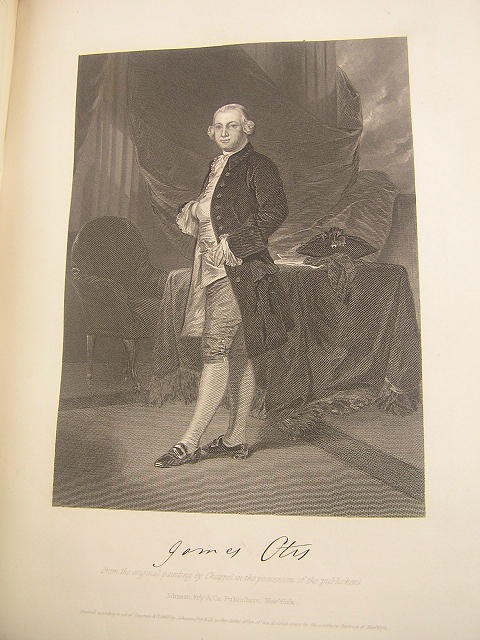
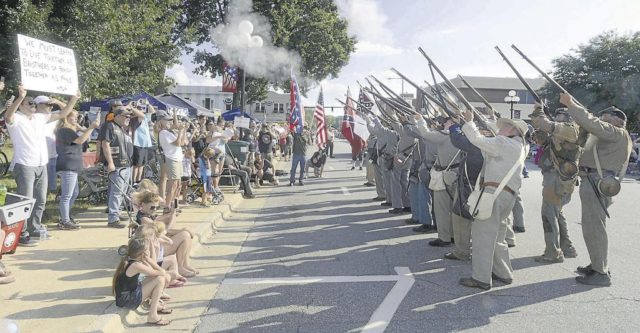 Several local members of a Confederate veterans group say public schools are not properly educating students on Civil War history, and the group wants that to change.
Several local members of a Confederate veterans group say public schools are not properly educating students on Civil War history, and the group wants that to change.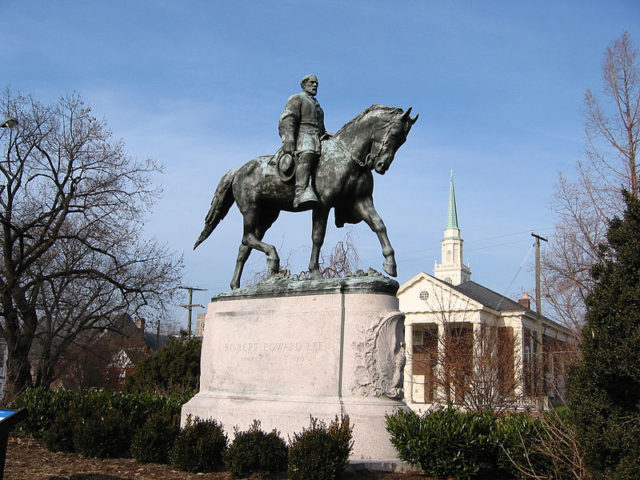
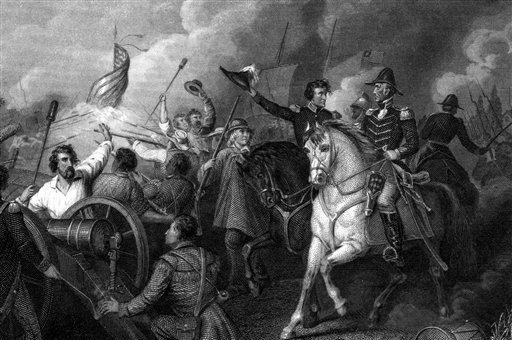 Whatever historians might claim, Andrew Jackson feared and despised imperialism as the inevitable death of the republic. He cherished expansion as normal, but he considered imperialism a perversion of expansion and republicanism. To our modern ears, this might sound like a very fine distinction, but to Jackson and the frontier settlers of his day, the distinction proved immense. Equally important, Jackson harbored suspicions about the United States employing a standing army throughout the entirety of his adult life. When a choice must be made, he defended the right of militias against standing armies.
Whatever historians might claim, Andrew Jackson feared and despised imperialism as the inevitable death of the republic. He cherished expansion as normal, but he considered imperialism a perversion of expansion and republicanism. To our modern ears, this might sound like a very fine distinction, but to Jackson and the frontier settlers of his day, the distinction proved immense. Equally important, Jackson harbored suspicions about the United States employing a standing army throughout the entirety of his adult life. When a choice must be made, he defended the right of militias against standing armies.  San Antonio may have been founded in 1718, but it was a thirteen-day siege in 1836 that gave the city its second name: the Alamo City.
San Antonio may have been founded in 1718, but it was a thirteen-day siege in 1836 that gave the city its second name: the Alamo City.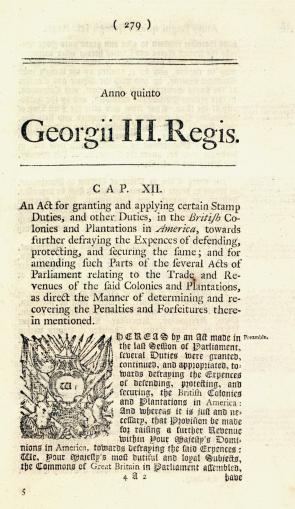
 I had the privilege of attending a flagging event yesterday (9/2/18) at Silent Sam’s pedestal on the UNC-CH campus with some folks from out-of-state. Most of them, I believe, were from South Carolina, and at least one was from Georgia; good folks, all of them, and I enjoyed being there. We could have used more North Carolinians, and in a way, the lack of fellow North Carolinians inspired this article. Things went smoothly for the most part. There were a few snide remarks mumbled by passers-by, but that was as out-of-hand as it got.
I had the privilege of attending a flagging event yesterday (9/2/18) at Silent Sam’s pedestal on the UNC-CH campus with some folks from out-of-state. Most of them, I believe, were from South Carolina, and at least one was from Georgia; good folks, all of them, and I enjoyed being there. We could have used more North Carolinians, and in a way, the lack of fellow North Carolinians inspired this article. Things went smoothly for the most part. There were a few snide remarks mumbled by passers-by, but that was as out-of-hand as it got.

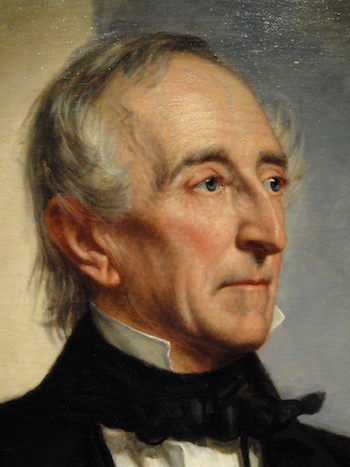 Sir Alexander Fraser Tytler (1747-1813), a Scottish jurist and historian, provides an explanation for why great societies do not survive for more than 200 years:
Sir Alexander Fraser Tytler (1747-1813), a Scottish jurist and historian, provides an explanation for why great societies do not survive for more than 200 years: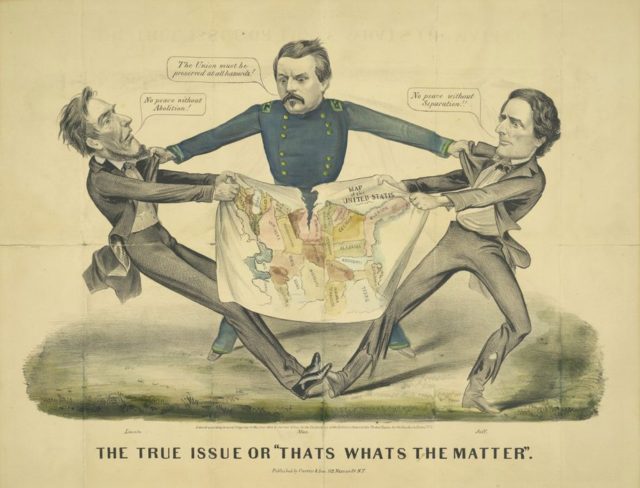 Grant defeated Lee, the Confederacy crumbled, and the idea of secession disappeared forever, or at least that’s what the conventional wisdom says. Secession is no historical irrelevance. Quite the contrary, the topic is integral to classical liberalism. Indeed, the right of secession follows at once from the basic rights defended by classical liberalism. As even Macaulay’s schoolboy knows, classical liberalism begins with the principle of self-ownership: each person is the rightful owner of his or her own body.
Grant defeated Lee, the Confederacy crumbled, and the idea of secession disappeared forever, or at least that’s what the conventional wisdom says. Secession is no historical irrelevance. Quite the contrary, the topic is integral to classical liberalism. Indeed, the right of secession follows at once from the basic rights defended by classical liberalism. As even Macaulay’s schoolboy knows, classical liberalism begins with the principle of self-ownership: each person is the rightful owner of his or her own body.